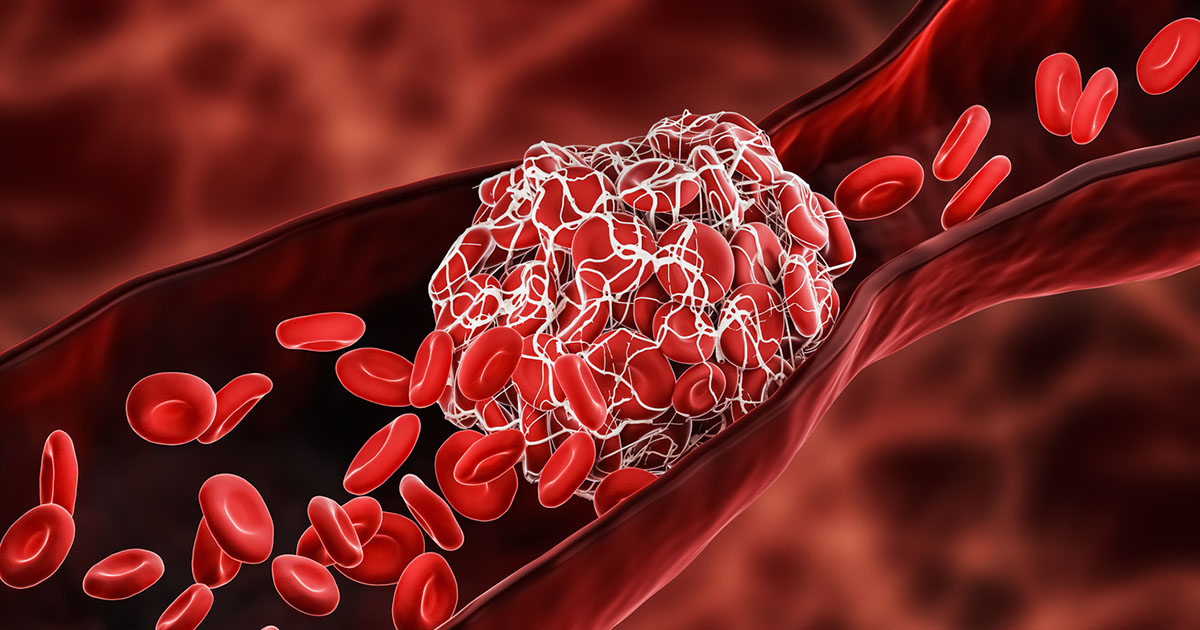Patents for the first generation of approved biopharmaceuticals have either expired or are about to expire. This opens the market for generic versions of these products, referred to as “biosimilars” (in the EU) or “follow-on protein products” (in the US). Healthcare professionals and patients need to understand the critical issues surrounding the use of biosimilars to make informed treatment decisions.
The complex high-molecular-weight three-dimensional structures of biopharmaceuticals, their heterogeneity and their dependence on production in living cells makes them different from classical chemical drugs and does not therefore guarantee that they have true bioequivalence to the original product (European Medicines Agency, 2010). In diabetes care, this applies to insulins.
Insulin is manufactured by inserting a gene coding for an insulin product into an expression vector. This is then transferred into a living host (yeast, bacteria or plant cell). The host is kept in specific conditions that will facilitate expression of the insulin product. The product is collected, purified and chemically modified to create a final insulin product.
These production methods mean that any variances in protocol can have important consequences for the final result. This may include different oxidation and glycosylation, and even impurities from the host cell. These differences may, in turn, have an influence on the insulin’s immunogenicity, efficacy and safety profile. Current analytical methods cannot characterise these complex molecules sufficiently to confirm structural equivalence with reference molecules.
When biosimilars are approved in the EU, they will be considered “comparable” to the reference product, but this does not ensure therapeutic equivalence. Inherent differences between biosimilars may produce dissimilarities in clinical efficacy, safety and immunogenicity. Biosimilar insulins should not be considered to be directly interchangeable with the reference insulin.
Switching to or between biosimilars should be considered a change in clinical management. Products that are labelled as biosimilar and not tested for interchangeability should be treated as branded entries in the class in their own right.
Biosimilar insulins…
- Are becoming available.
- Should be considered to be similar in structure, but not identical, to the original product.
- May have different immunogenicity, efficacy and safety profiles within an individual.
- Should be considered as a new member in the insulin class, unless proven to be interchangeable with the original.
- May present a moderate cost saving compared with using the original, although this could be dependent on market forces.
The PCDS does not support switching to a biosimilar insulin for cost saving alone and all people with diabetes being considered for these products should make a fully informed decision.
If switching is considered, bioequivalence should not be assumed and the following points should be remembered:
- The device may be different.
- The person with diabetes should be fully informed.
- A formal face-to-face consultation is recommended.
- Close monitoring and review is needed.
- Switches should only be undertaken by clinicians with significant experience in insulin management.
Readers seeking more information on biosimilar insulins are directed to the following article:
Gough S (2014) Q&A: Biosimilar insulins. Diabetes & Primary Care 16: 290–2





SURMOUNT-5 trial pits tirzepatide against semaglutide, plus behaviour change support, for weight loss.
15 May 2025